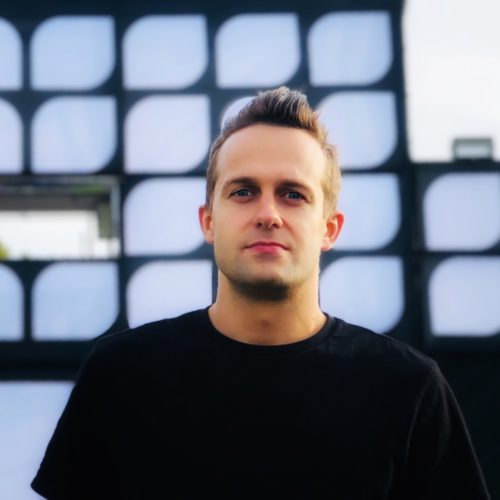GoLD
GoLD
Projektstatus
Pågående
Projektledare
Kategori/Område
Forskning inom programvaruteknik
Governance in large-scale distributed agile projects (2017-2020)
This research project focuses on determining how to balance the needs for governance and quality control in large-scale distributed organizations and the team needs for autonomy. Our intention is to provide actionable guidelines for scaling agile governance in a distributed context, and reported knowledge to be aware of organizational contexts in which team autonomy is inherently hindered. The research goes beyond the team’s inner workings, and addresses such context factors as organizational structure, distribution, supervision, control, reward systems, training, and resource management.
Background
Software development becomes continuous. To be successful software companies need to be able to deliver value and innovations to their customers in a faster pace while maintaining high quality standards. Telecom industry is even more demanding due to the tough competition and extreme emphasis on quality and speed. At the same time, customer needs become more uncertain. While research and practice in the past has focused on employing experts and cultivating intellectual capital on an individual level, more contemporary research emphasizes the lack of deserved attention to social factors that drive performance, such as motivation, social capital and networking, teamwork and group learning. To address this gap, modern and in particular innovative software organizations shifted their focus towards teams as the basic work unit, giving rise to radically new approaches to managing software projects, called agile development. Cultivation of teams and teamwork is linked with increased performance, innovation, employee satisfaction and abilities to learn. Most agile methodologies emphasize the teams’ need to self-organize or self-manage. Self-managing teams offer more advantages over traditionally managed teams because they bring decision-making authority to the level of operational problems and uncertainties, and thus increase the speed and accuracy of problem solving. Swedish software-intensive companies have also implemented such teams to reduce costs and to improve productivity and quality. However, implementation of autonomous teams in large-scale distributed projects is not as straightforward as in the more common sweet spot of agile methodologies.
Problem
To enable continuous delivery and to handle uncertainty in customer needs, organizations try to give teams more end-to-end responsibility and delegate more decisions regarding the functionality they develop. However, complexity, scale and distribution (that often go hand in hand) introduce a number of challenges. Quality concerns forces companies to govern and control the potentially fragmented multi-team development, and especially when development is distributed across multiple locations. It is often the case that each site requires the local presence of governing roles, which increases site autonomy, but causes further fragmentation. Teams in large-scale projects need to handshake many decisions with those who possess the big picture and define the system’s vision. This is due to that single individuals and even teams in large-scale projects might not have the necessary knowledge regarding the whole system. Teams in large-scale projects also need to be highly aligned. If one team breaks the quality or functionality it might affect all other teams. However, the need for aligning the work and the process, and for coordinating externally is a threat to team autonomy.
Alignment for autonomy
How to balance the need for alignment in large-scale distributed projects and the need for team autonomy?
Governance practices
How to organize large-scale project governance that maximizes efficiency? How to govern multiple locations in an agile organization?
Feasibility of autonomy in distribution
Can remote teams be self-managing / autonomous given the geographic distance and cultural peculiarities?
Fakta
Deltagare
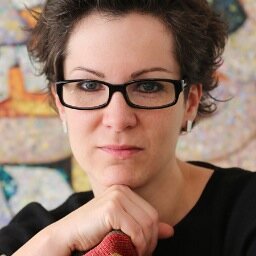
Darja Smite
Professor
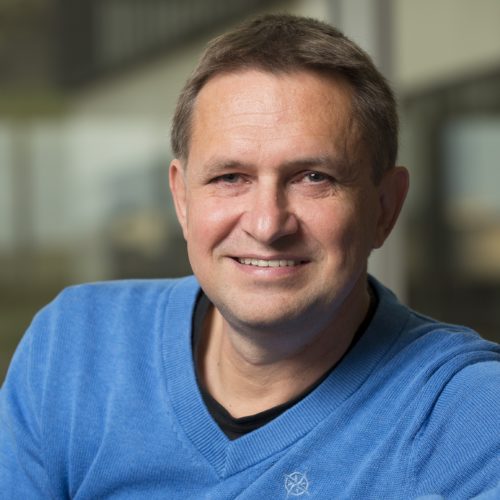
Claes Wohlin
Professor emeritus
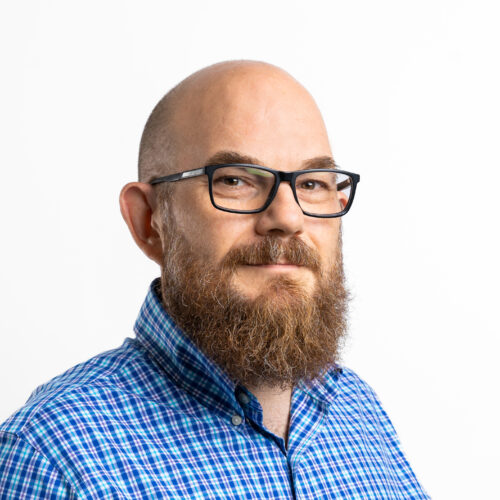
Javier Gonzalez Huerta
Biträdande professor/Viceprefekt
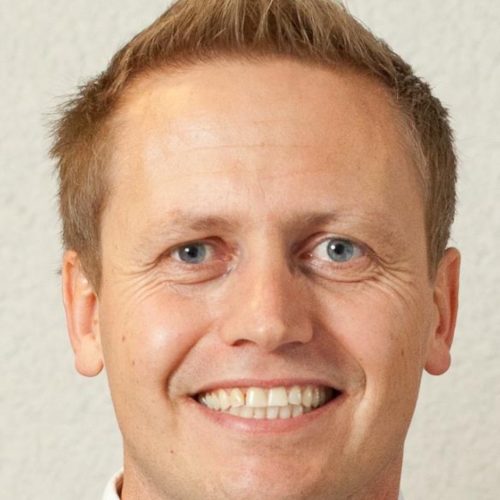
Nils Brede Moe
Senior Researcher
